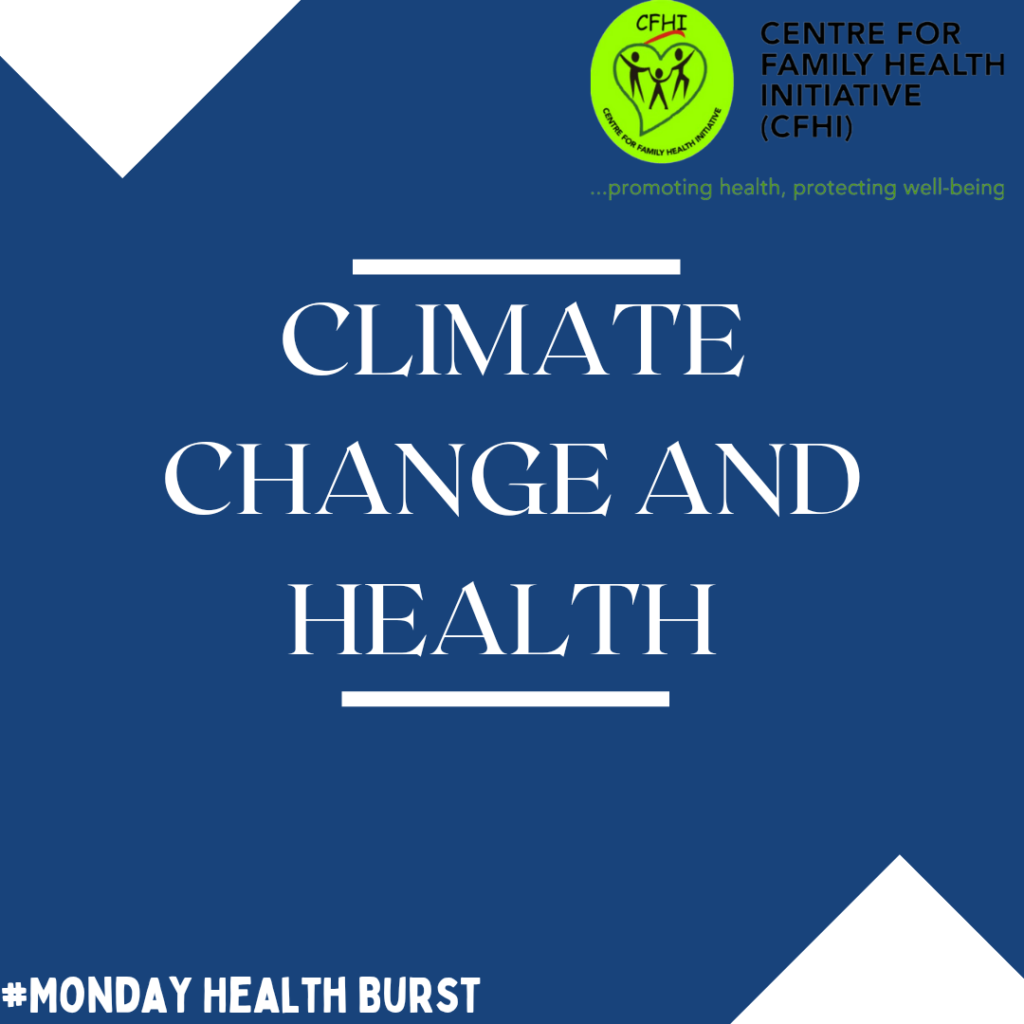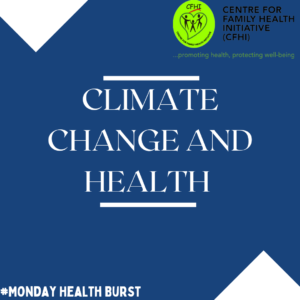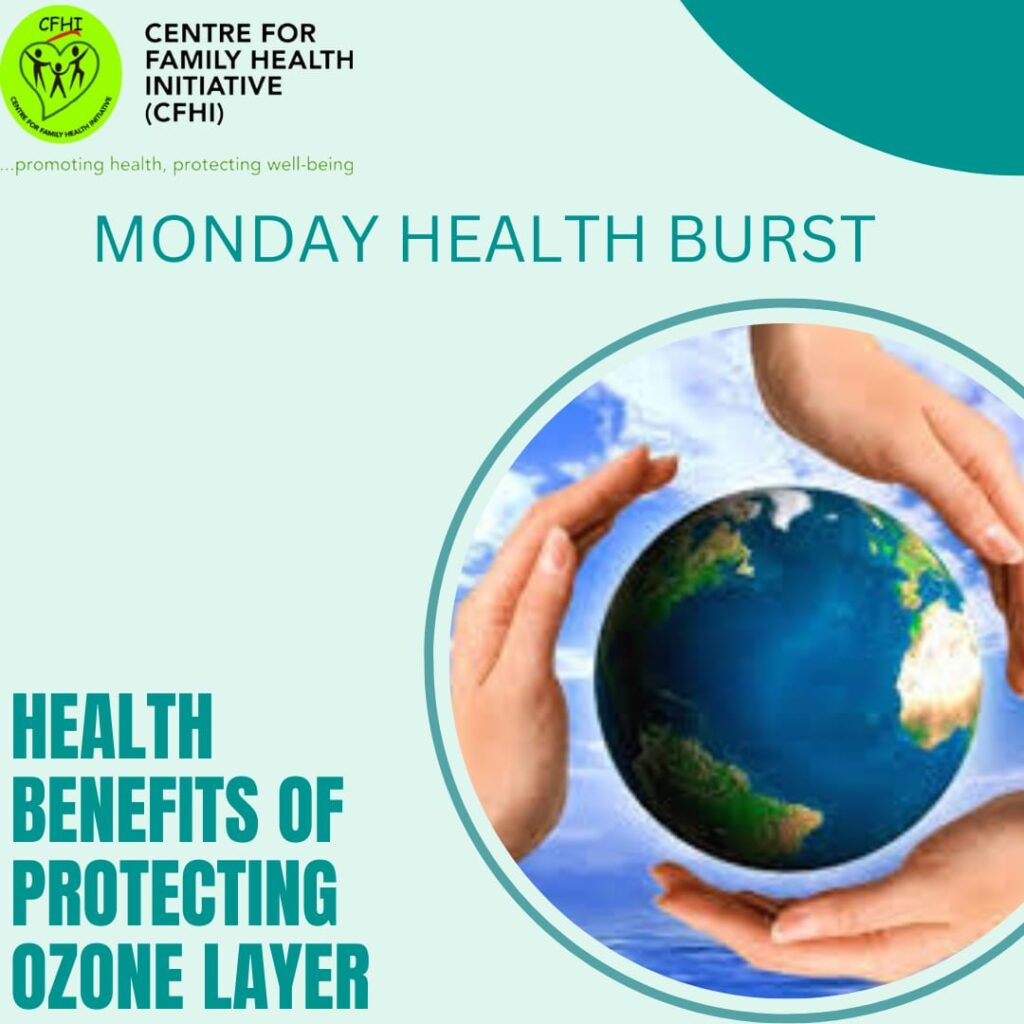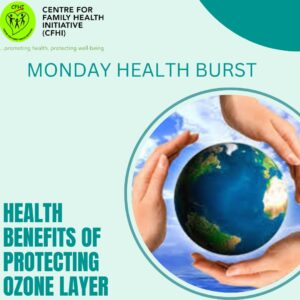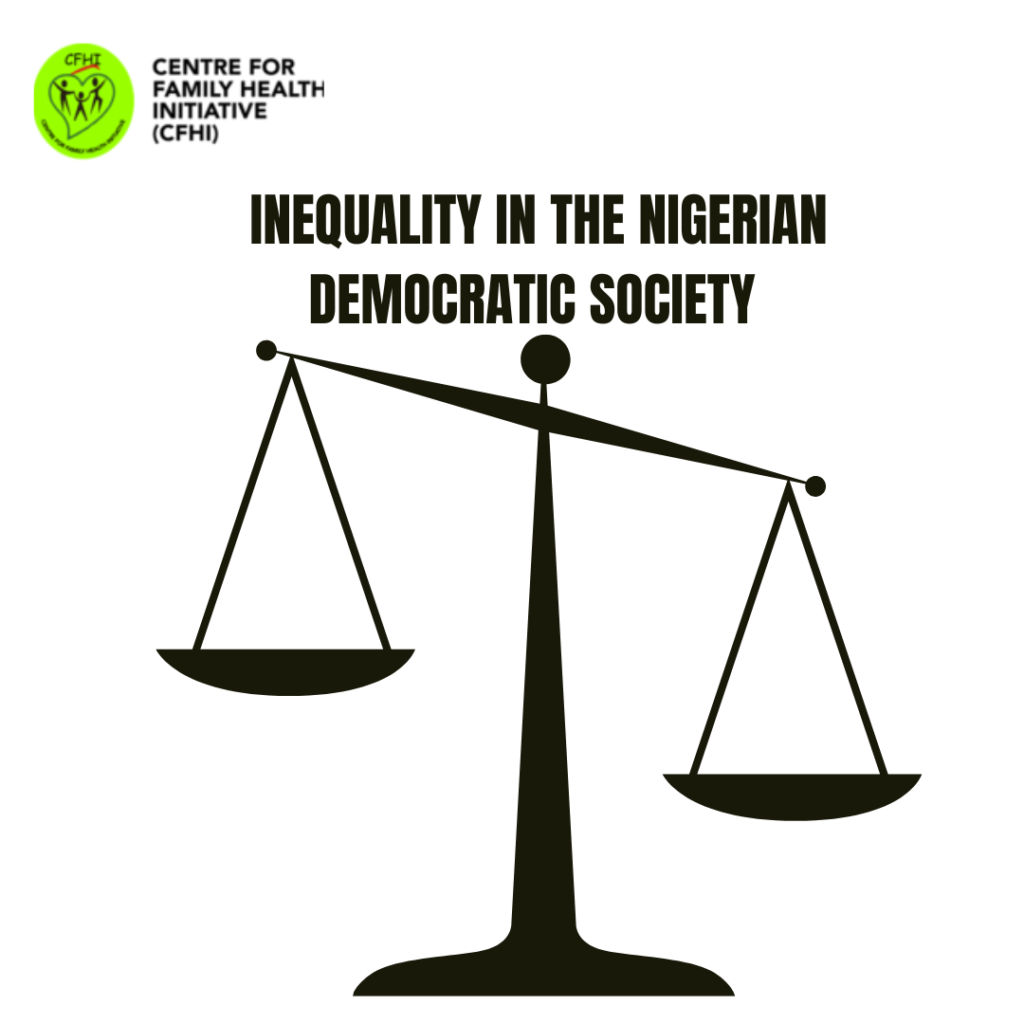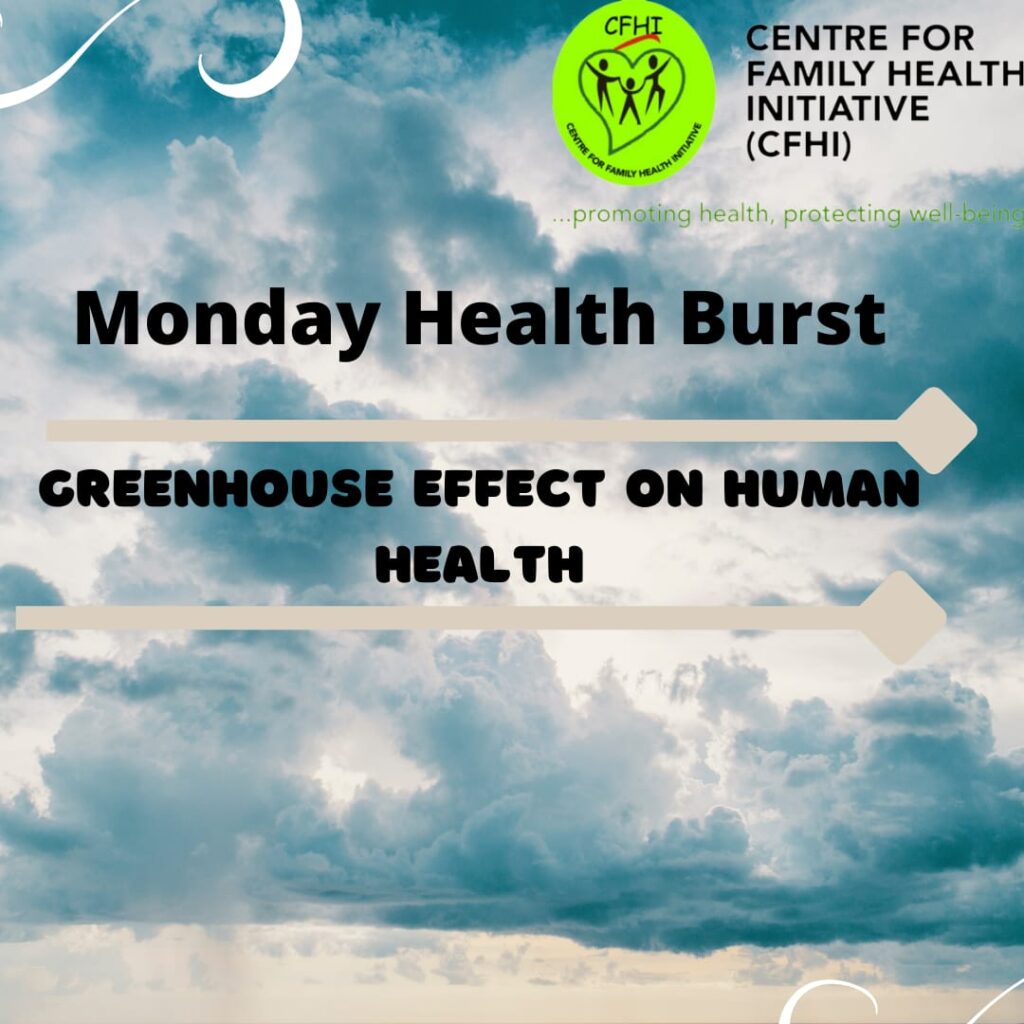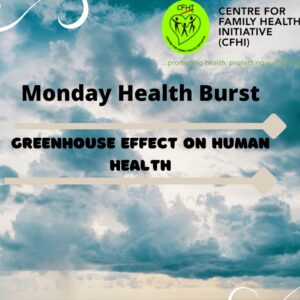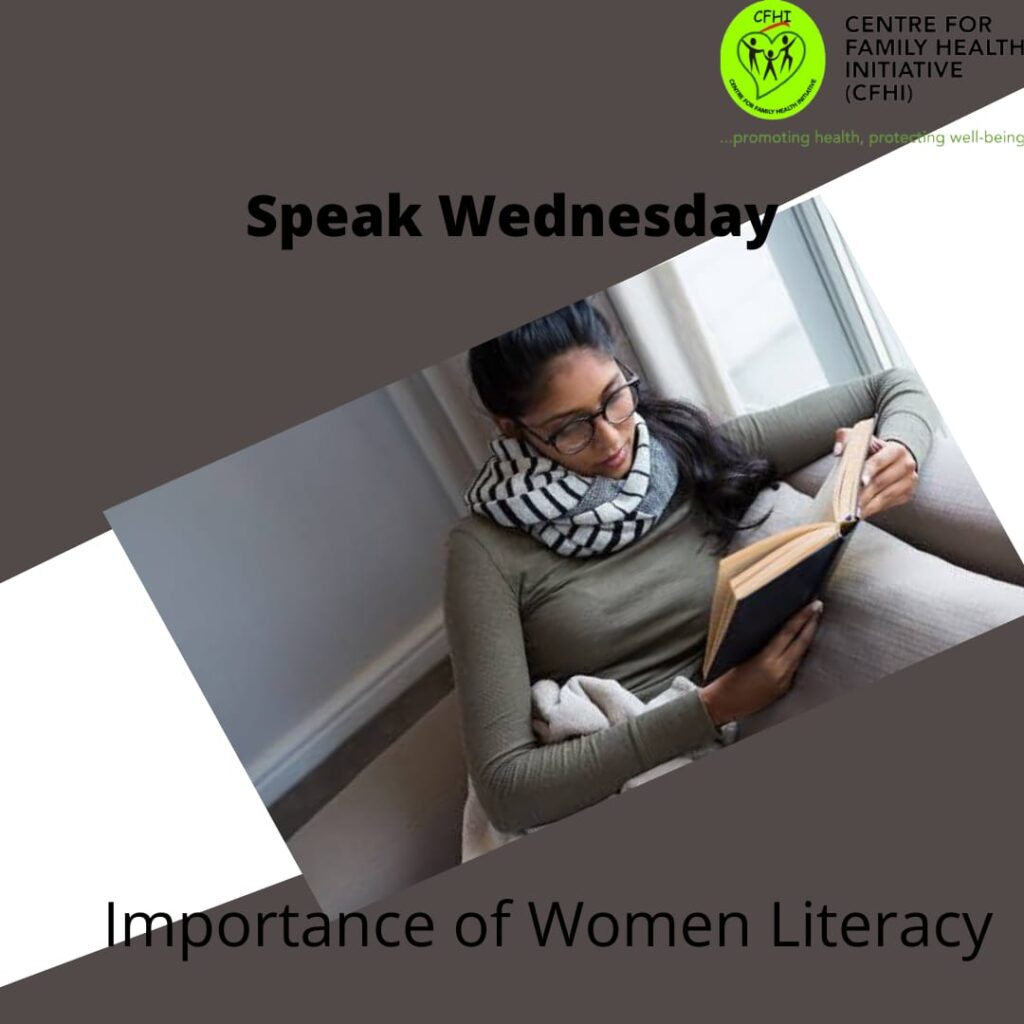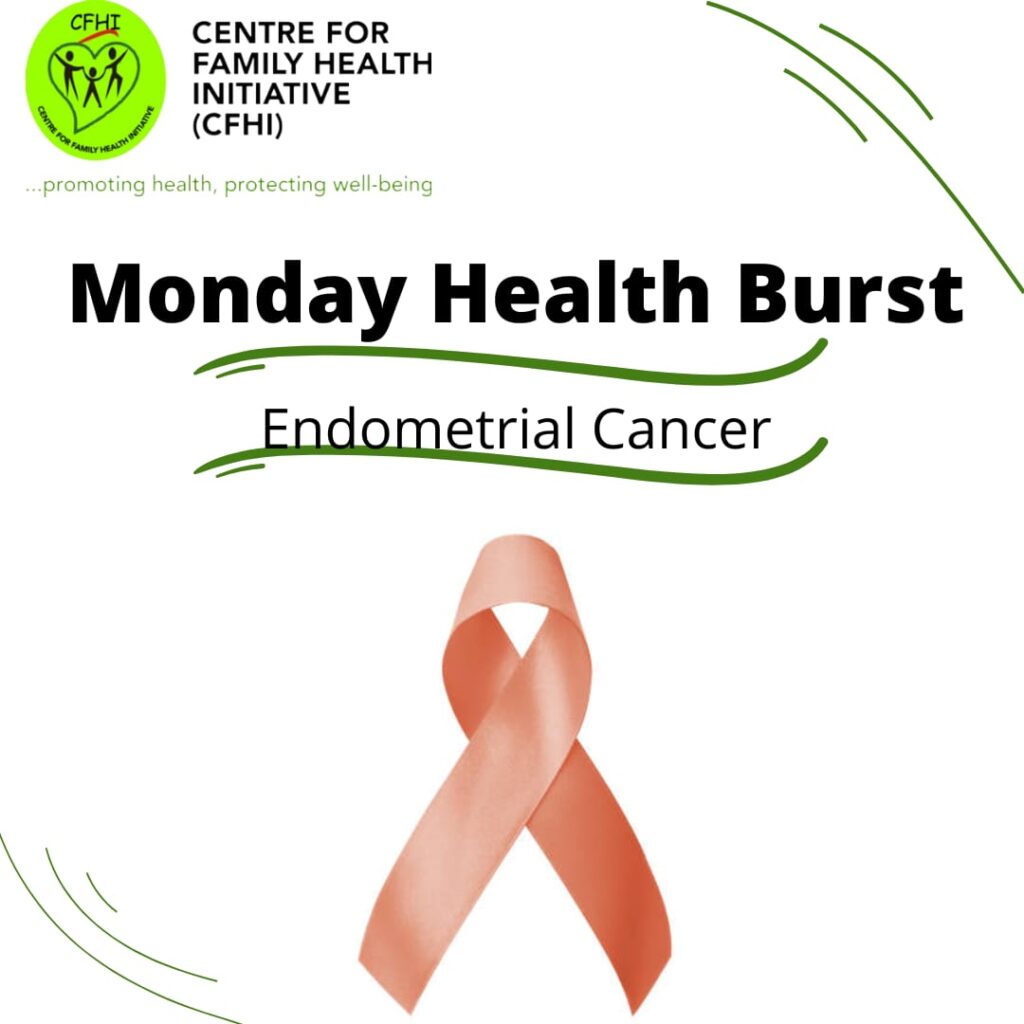THE RIGHTS OF THE GIRL CHILD – SPEAK WEDNESDAY
The girl-child in Nigeria is recognized as a human being who is protected by the laws of Nigeria which include the 1999 Constitution of the Federal Republic of Nigeria, the Child Rights Act, and other legal instruments geared toward the protection of child’s rights.
According to the Child Rights Act, the recognizable rights of a girl-child in Nigeria include:
Right to survival and development
Right of a child to free, compulsory and universal primary education, etc
Right of a child in need of special protection measure
Right of the unborn child to protection against harm, etc.
Right to name
Freedom of thought, conscience, and religion
Right to private and family life
Right to freedom of movement
Right to freedom from discrimination
Right to dignity of the child
Right to health and health services
Right to parental care, protection, and maintenance, etc.
Furthermore, the girl-child by the provisions of the various domestic instruments and laws has a right to basic education, and the right to be protected from neglect, negligent maltreatment, or exploitation. – Child Rights Act 2003, CRC 199O, UDHR 1948
The realization of the fundamental rights of the girl-child rights is the actualization of a healthy society where women can thrive, therefore, government, NGOs, private organizations, individuals, and all stakeholders are encouraged to implement, advocate and uphold the rights of every girl-child in Nigeria.
CFHI will continue to advocate for the rights of every girl-child.
Speak Wednesday is an initiative of CFHI to address issues around gender-based violence and gender bias.
#SpeakWednesday #ChildRights #GirlChildRights #Genderrights #Humanrights #fundamentalrights
THE RIGHTS OF THE GIRL CHILD – SPEAK WEDNESDAY Read More »

